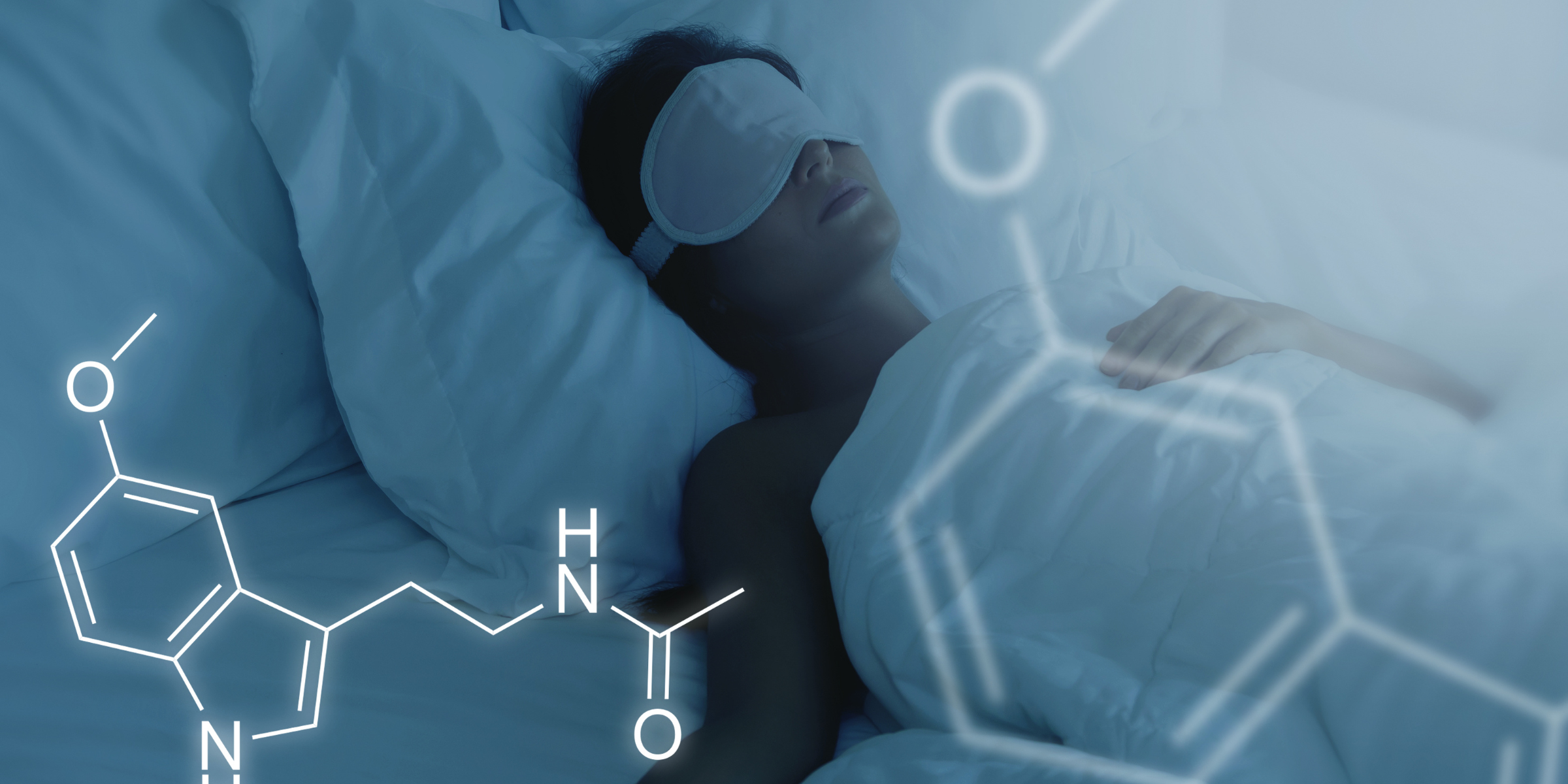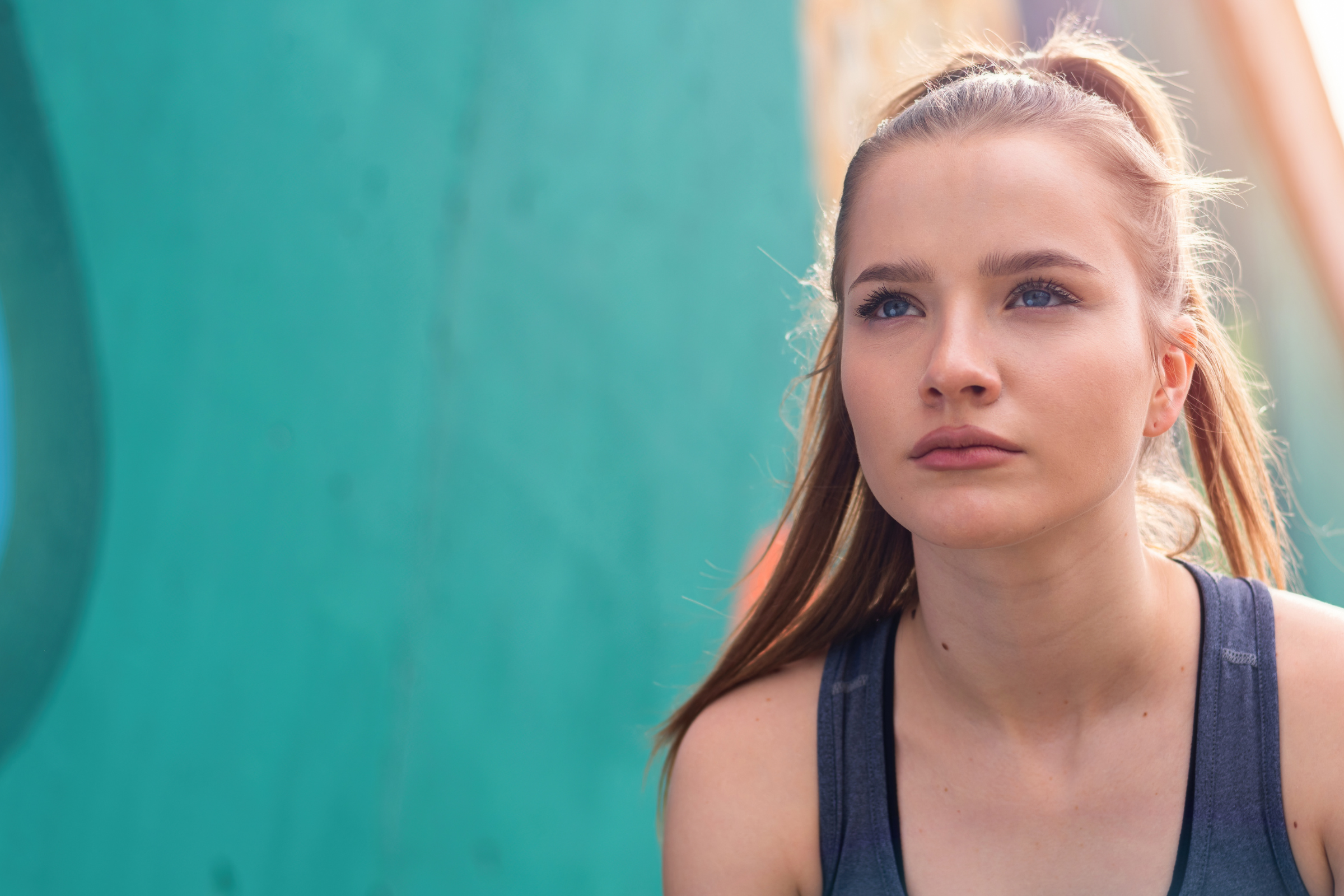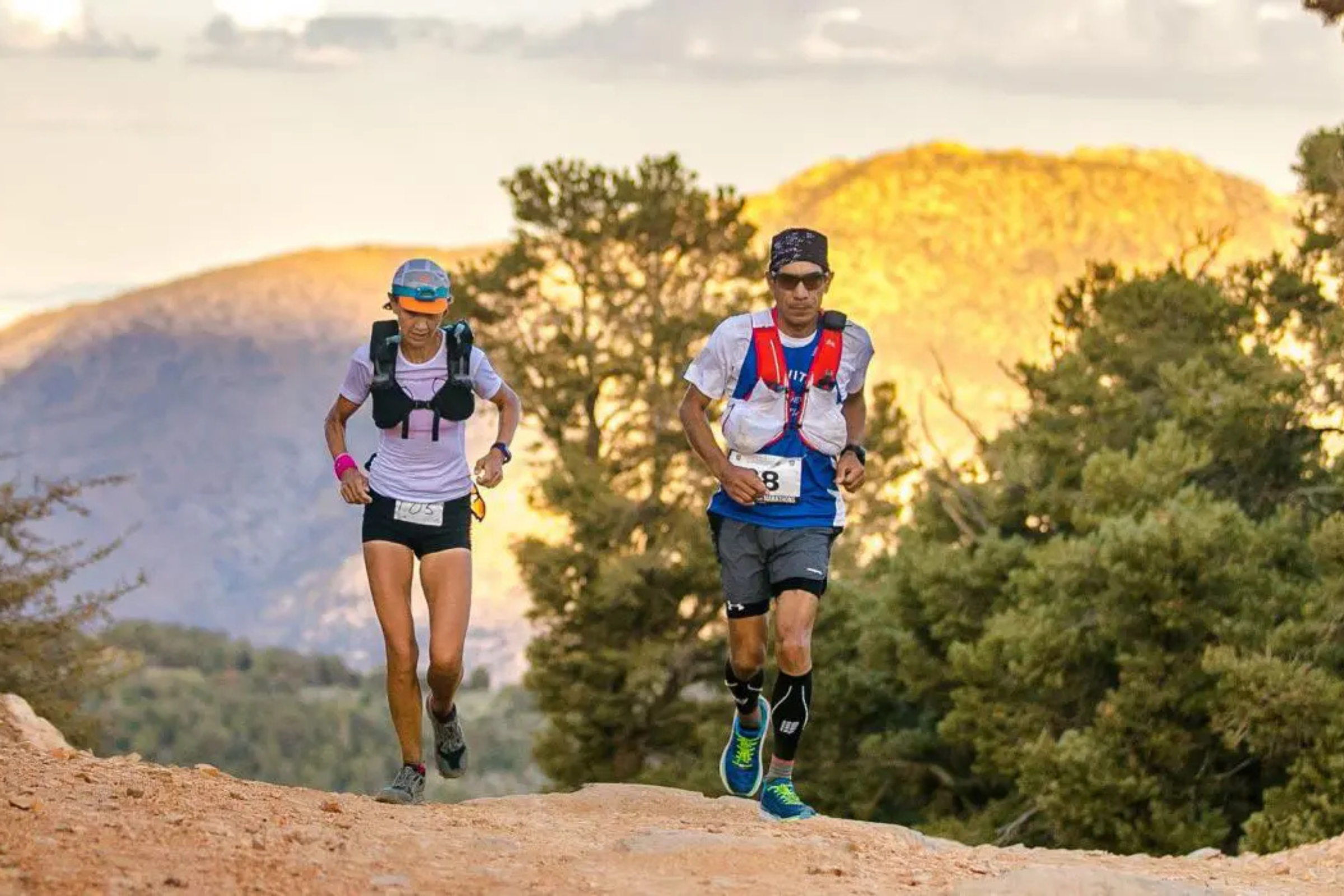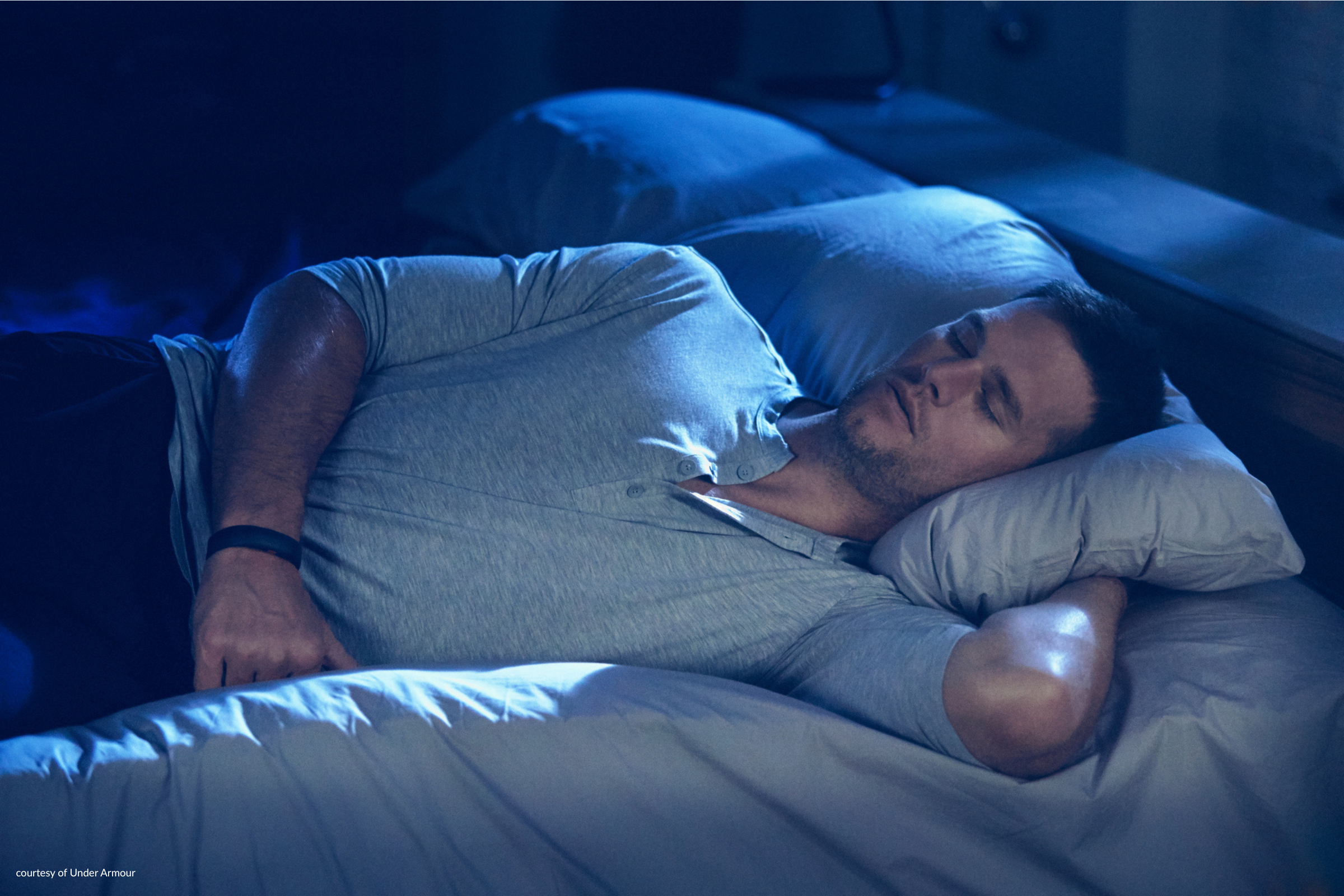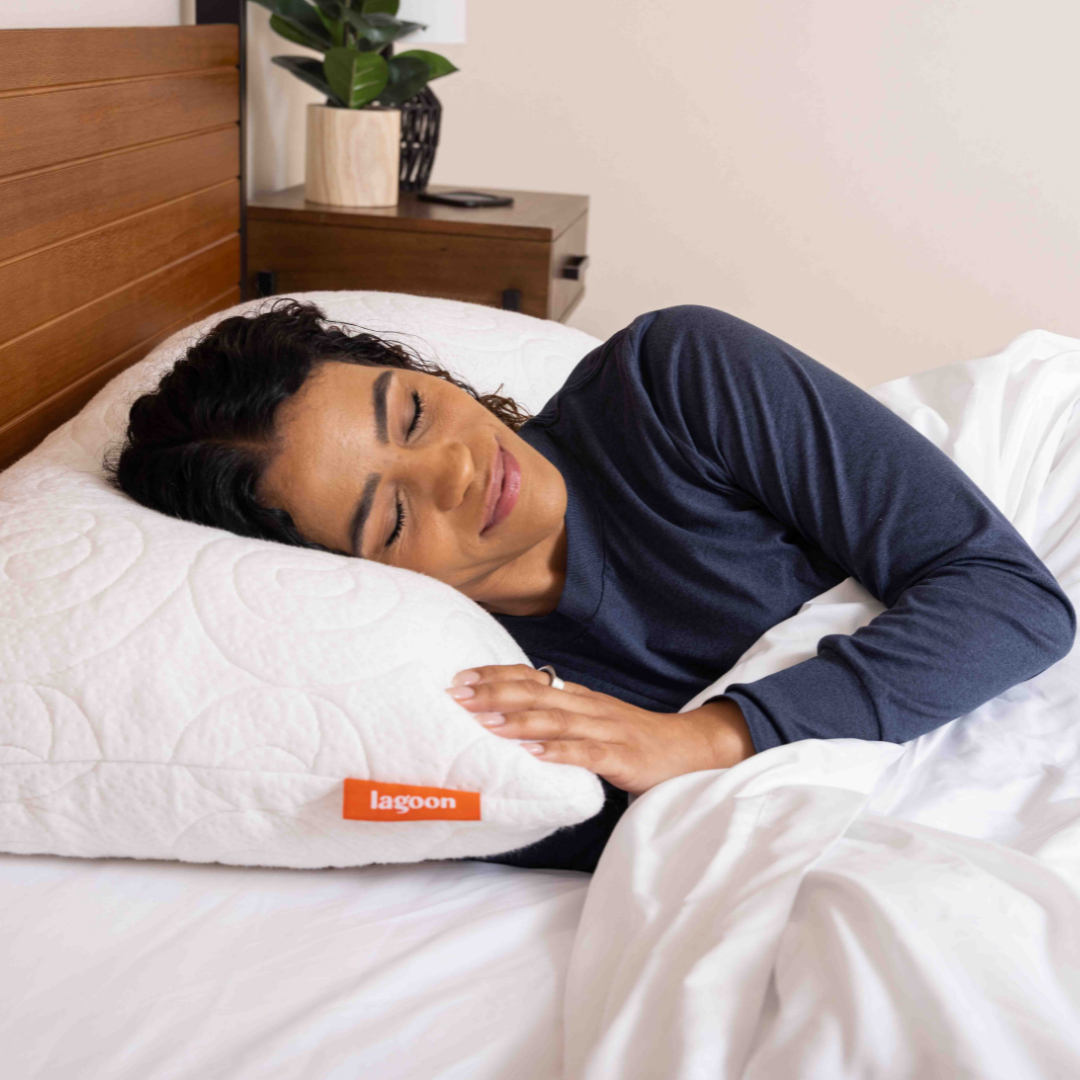Hey pack members 👋
Want to know the impact sleep has on migraines, what research has sleep scientists up for a Noble prize, or why daylight savings time exists? This week’s edition of sleep & fitness news is high on useful information to help you master your sleep. Let’s get into it…
🧠 Can Poor Sleep Trigger a Migraine?
A recent study out of the University of Oxford revealed a strong link between poor sleep and the increased likelihood of migraines the following day. Emily Stanyer, a postdoctoral researcher at Oxford, led the study to explore the extensive anecdotal evidence suggesting that disrupted sleep is a common trigger for migraine sufferers. The study's methodology used a smartphone app to gather real-time sleep data from thousands of individuals aged between 18 and 81. Among the 11,166 participants, the focus was on 724 people from 38 countries who suffered chronic migraines, defined as at least eight attacks per month. The findings indicated a significant relationship between sleep interruptions and migraines. Each disruption during sleep increased the risk of a migraine by 17.4%. The study also noted that changes in normal sleep patterns, whether sleeping more or less than usual, increased the risk of a migraine attack by 6.1%. Andrew Charles, a neurology professor not involved in the study, suggests that a balanced and undisturbed sleep schedule could be vital in breaking the cycle of migraines.
🏆 Sleep Scientists Make the Noble Prize Short List
Three renowned sleep scientists have been spotlighted as potential nominees for this year's Nobel Prize, according to the Clarivate’s Institute for Scientific Information. The inclusion of sleep specialists emphasizes the growing realization of sleep's significance in health and medicine. Decades ago, sleep medicine was a "niche specialty", but it now plays a central role in many treatment plans. The highlighted researchers are:
- Masashi Yanagisawa from the University of Tsukuba and University of Texas Southwestern Medical Center. He discovered Orexin, a neuropeptide in the brain that regulates wakefulness and sleep.
- Emmanuel Mignot of Stanford University, who identified the cause of narcolepsy. His work revealed the immune-driven destruction of specific neurons, highlighting a new sleep-regulatory pathway.
- Clifford B Saper from Harvard Medical School, who explores the relationship between body temperature, sleep cycles, and feeding. His research enhances our understanding of brain circuitry, particularly concerning neurological and psychiatric disorders.
🕖 Why the US Kept Daylight Savings
Do we like or loathe daylight savings? Daylight Saving Time (DST), the practice of moving clocks forward by an hour from March to November, has a complex history in the United States. Initially implemented during World War I to save fuel and power, the concept has evolved through various periods. During World War II, the US made DST permanent to conserve fuel, but reverted to standard time post-war. The energy crisis of the 1970s saw another temporary return to year-round DST, prompted by fuel conservation efforts. This move was initially popular, but public opinion shifted after negative consequences, including increased accidents involving school children in the darker mornings. Currently, not all US states observe DST. Hawaii, most of Arizona, and some Pacific and Caribbean territories opt out. The debate over DST's utility continues, with arguments both for and against it. Proponents cite decreased crime rates and mental health benefits due to extra evening daylight, while opponents point to increased accidents and health issues stemming from disrupted body rhythms. Economic interests also play a significant role in the DST debate. The recreational industry, seeking more daylight for evening activities, has been a proponent, while the movie industry and farmers have opposed it due to its adverse effects on their businesses. Despite the varying perspectives and minimal energy savings, DST persists in the US, and recent legislative efforts suggest it's unlikely to be abolished soon. The Senate passed a bill in March 2022 to make DST permanent, but it has yet to become law. The ongoing discussion reflects the complexity of the issue, where the benefits and drawbacks of DST largely depend on individual circumstances and industry impacts.
🎙️ Podcast Listen: Apollo Neuro Co-Founder on the Sleep Is a Skill Pod
Dr. Dave Rabin, Apollo Neuro Co-Founder & CMO joined Mollie Eastman this week to discuss feeling safe when you sleep & how new HRV tech can help. Apollo Neuro is a revolutionary new sleep wearable, less focused on sleep tracking and more focused on vibes… SmartVibes™ that is. The technology is designed by neuroscientists and physicians to calm the body and restore balance to the nervous system by delivering gentle, soothing waves of vibration, called Apollo Vibes™, that improve sleep and lower stress. In this episode, Mollie and Dr. Rabin go deep on sleep science discussing a range of super-informative topics including techniques to calm the nervous system, cardio respiratory resonance, breathing for better sleep, and techniques for managing anxiety. It’s definitely worth a listen if you like geeking out about sleep science - go check it out!
That's it for this week's sleep news highlights. Stay tuned for more exciting updates on optimizing your sleep and health, and remember to follow @lagoonsleep on Instagram for your daily dose.



